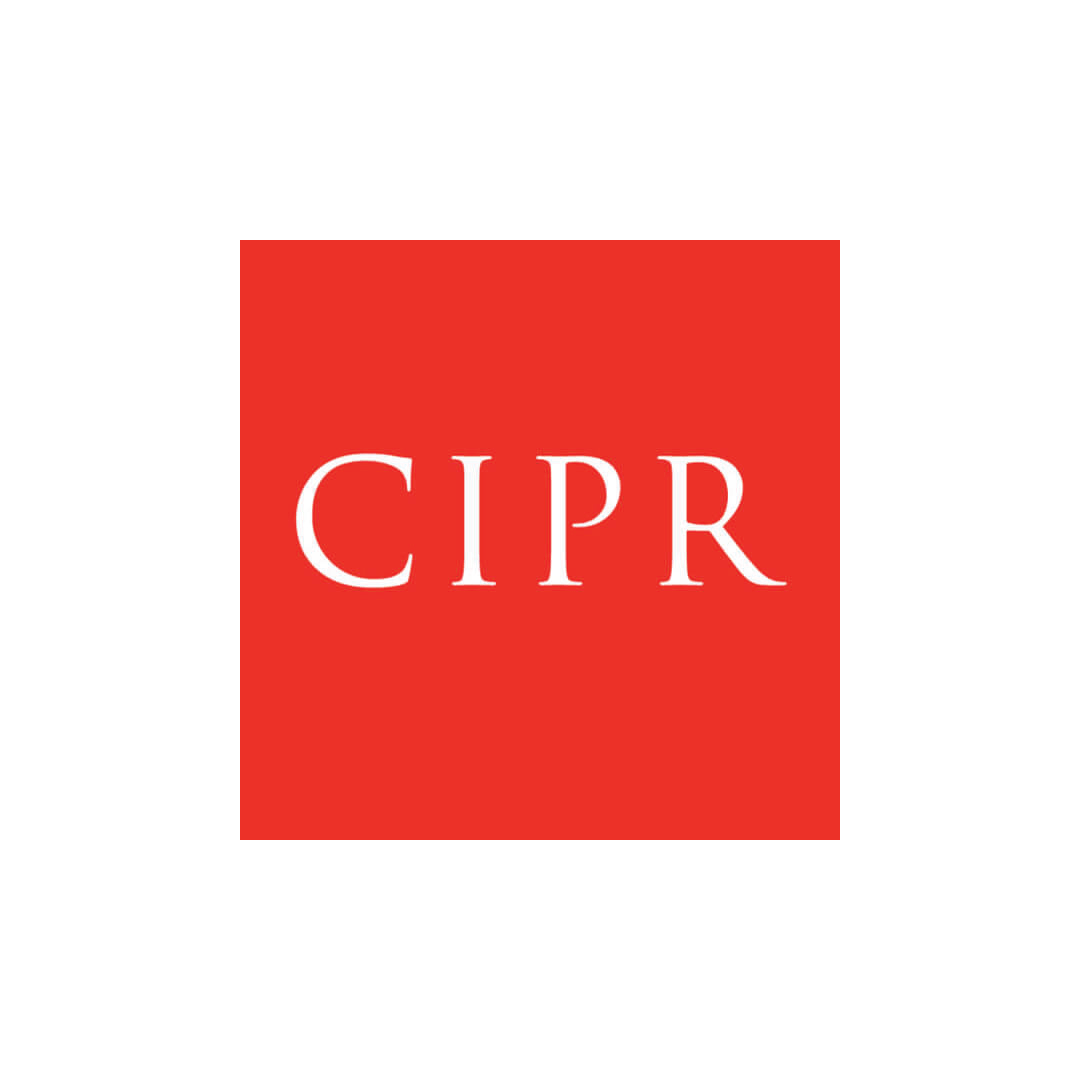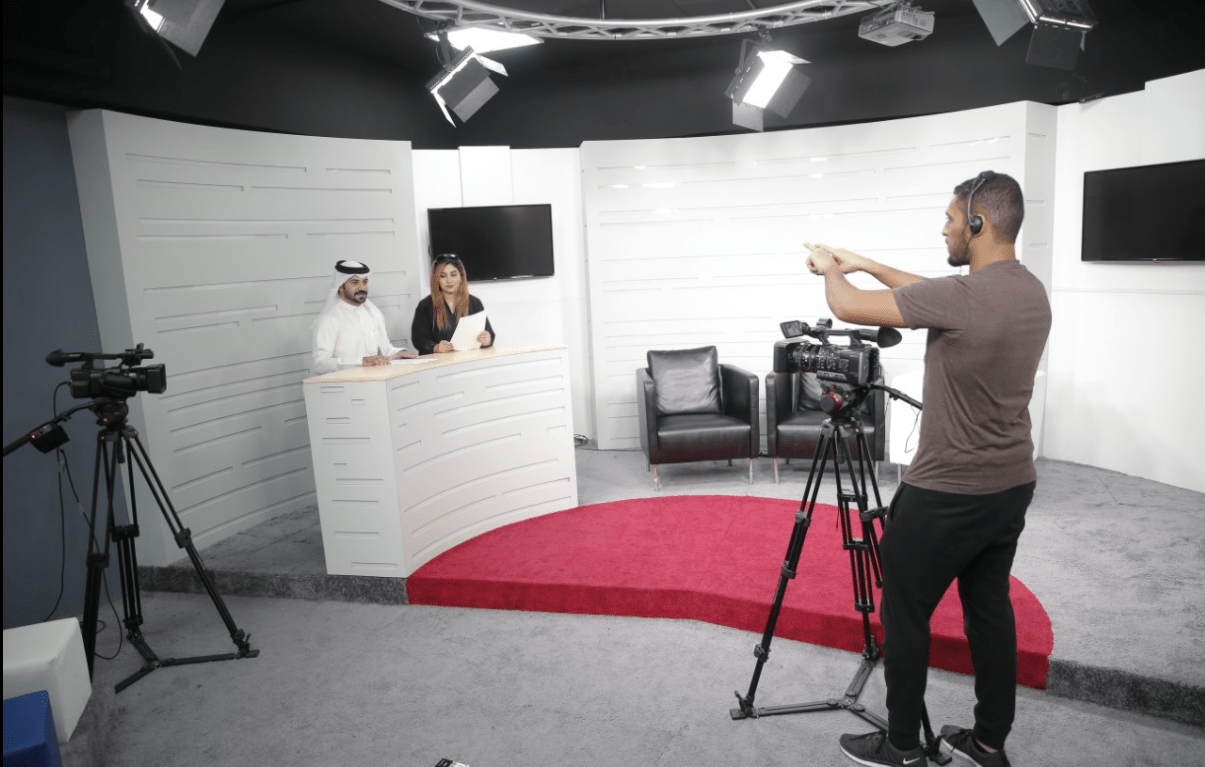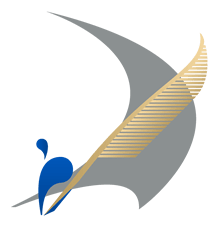Overview
The program offers a contemporary perspective on the Mass Communication major, with a specific focus on the evolving practices of digital media and digital public relations (PR). It provides students with a well-rounded education by integrating theoretical courses, practical skills training, and exposure to industry standards. The program is designed to equip students with the theoretical understanding and practical skills required in the digital era.
One of the key strengths of the program is its interdisciplinary approach, allowing students to explore various avenues of digital media and digital PR production. By emphasizing the interaction between media, culture, and society, the program develops students’ analytical, technical, and transferable skills, providing a solid foundation for a career in the field of Mass Communication. The program also addresses the persuasive impact of messages on target audiences, preparing students to navigate the influence of media on behavior and opinions.
Furthermore, the program focuses on developing employability skills, including technical expertise and professional competencies relevant to the media sector. By providing practical training opportunities and aligning the curriculum with industry needs, the program ensures that students are well-prepared for successful employment in the continuously evolving landscape of digital media and digital PR.
In summary, the program’s comprehensive curriculum, emphasis on academic progression, and practical training opportunities make it highly valuable in preparing students for the dynamic field of digital media and digital PR. By combining theoretical knowledge, practical skills, and industry exposure, the program equips students with the necessary tools to excel in their future careers and make meaningful contributions to the media industry.
Highlights
- The Mass Communication program is the first Arabic program outside the UK accredited by CIPR (Chartered Institute of Public Relations).
- The Mass Communication program has the ASJMC membership.
- The Mass Communication program is listed on the NQF.
Discover Our Campus
Key Facts
| Level: | 8 NQF |
|---|---|
| Duration: | Full Time: 130 Credit Hours |
| Track: | Arabic |
| Starting: | September (Fall)
January (Spring) May (Summer for transferred students) |
| Fees: | TBA |
| Location: | Sanad |
Get In Touch
For questions regarding study and admissions please contact us:
Phone:
(+973) 1762 0092
Email:
info@gulfuniversity.edu.bh
Address:
Building 1964, Road 4363، Sanad 743, Kingdom of Bahrain
Graduate Attributes
The program has the following graduate attributes which are also aligned with the university graduate attributes, program aims and program learning outcomes:
- Knowledgeable: Possess in depth knowledge in concepts, theories, principles of mass communication, historical background and ethics within socio-cultural context
- Professional: Ability to show professionalism in producing media forms and be competitive to serve local, regional and international media industries
- Effective Communicator: Ability to communicate effectively in written, verbal, and visual format with the public, colleagues, clients and media professionals globally.
- Leader and Team Player: Ability to play a constructive role as leader and team member in collaborative tasks within media profession and beyond.
- Problem Solver & Innovator: Ability to critically analyze, draw creative and innovative solutions and evaluate media forms using professional arguments.
- Lifelong Learner: Be prepared and self-motivated to learn continuously for personal and professional development while adapting to contemporary media practices in digital age.
- Ethical and Committed: Commitment to media ethics, legislations, culture, and sustainable development.
- Reflective Thinker & Initiator: Ability to reflect their learning in carrying out impactful initiatives for industry and community.
Program Content
- The Mass Communication program is the only Arabic program outside the UK accredited by CIPR (Chartered Institute of Public Relations).
- program is placed at level 8 based on BQA standards, Bahrain National Qualification Framework (NQF).
- BMC Obtained full confidence in Academic Program Review conducted by The Education and Training Quality Authority (BQA).
 |
| Download Certificate |
130 credit hours, divided into 8 semesters (4 years).
Bachelor in Mass Communications Study Plan (Click to download).
The applicant must have a high school certificate or an equivalent according to the regulations of the Ministry of Education in the Kingdom of Bahrain, with a grade of not less than “Good” (70%) or its equivalent. The University shall retain proof of the equivalence in the case that the grading system at the institution that issued the qualification differs from that at GU.
Applicants with a grade equal to or above “Good” (70%) or its equivalent must sit for and pass placement tests, and if they fail, they must enrol in relevant preparatory courses.
The applicant with a grade less than “Good” (70%) or its equivalent shall be given conditional admission (if he/she meets other admission criteria) in the following cases:
- With Work Experience: The applicant must provide proof that he/she has a minimum of one year of work experience related to the program. The proof must be formally endorsed and stamped by the relevant organization/institution where the work experience was gained.
- Without Work Experience: must sit for and pass all placement tests referred except Arabic Language Proficiency, and he/she will enrol directly in the Basics of Arabic Language Skills Course.
The program is offered in the Arabic language, with an average of 20% of the courses delivered in English. Academic progression is reflected in the design of courses which are as follows:
First-year courses:
The first-year courses provide the students with basic knowledge and skills through a group of courses that qualify them to understand communication and media as an interdisciplinary discipline. This year includes several courses that introduce a fundamental understanding of the principles of communication, graphic design, economics, management, social psychology, the Arabic language, statistics, English writing, and introduction to advertising and promotion. All these first-year courses pave the way to more detailed knowledge and practices in the second-year courses of the study plan.
Second-year courses:
The second-year courses provide detailed knowledge and basic and some advanced skills. In this stage of the study plan, the students will be exposed to integrated courses, whether at the theoretical level, such as those focused on understanding areas related to digital media, public relations, market research, and public opinion trends, or those which aim to develop the practical skills required for the media production skills like videography, photography, script writing, and news editing, as well as establishing the skills of conducting media research with different contents and producing media reports with diverse content.
It is worth noting that by the end of the second year, the students receive practical training for a period of 100 training hours (1 US credit hour), which gives them the opportunity to understand the knowledge and skills requirements of the media labor market and helps them move towards their learning paths.
Third-year courses:
The third-year courses help students deepen their knowledge, develop their ability to innovate, and confirm the media skills they developed in their paths (digital media or digital PR). In addition to studying four compulsory courses and one elective course, number of common courses are offered too this year, focusing on a balance between theory and practice. These common courses focus on sustainability with its various dimensions, the most important legislation and ethics governing the media, and the persuasive effect of communication messages, in addition to enhancing the media translation skill from English to Arabic and vice versa.
The students’ skills are also deepened by obtaining practical training in the field of specialization for a period of 200 working hours (2 credit hours), which enables them to practice the advanced skills related to their specialization in a real work environment.
Fourth-year courses:
The fourth-year courses emphasize critical knowledge and more specialized skills to deal with advanced situations in the specialized path/ track of the students. In addition, these courses provide the opportunity for students to develop their critical knowledge and advanced skills in recent trends research, dealing with citizen journalism, understanding human rights, managing media institutions, writing for media in English, and using digital platforms to promote different products and ideas. During this year, students will study three compulsory courses in addition to one elective course. Once they pass 85% of the total hours of the program’s study plan, they become qualified to complete the graduation project in their specialization professionally.
The program team designed elective courses within the track as a sub-track, and each course is linked to another (the elective course in the third level will be a prerequisite to the elective course in the fourth level). In the digital media track, there are two elective courses focused on journalism production and the other two courses for short film production. The same concept is applicable for the digital PR track, where the two elective courses are focused on marketing and branding whereas other two courses are directed towards social media management.
-
- BHD100 per credit hour.
The Total amount before Discount BHD 13,000 and Gulf University provide to the student’s scholarship according to their high school GPA as shown in below tables:
|
High School |
Scholarship |
Fees per 1 Cr. |
Total Amount After Discount |
|
GPA ≥ 95% |
50% |
50 BHD |
6,500 BHD |
|
90% – 94.9% |
30% |
70 BHD |
9,100 BHD |
|
80% – 89.9% |
20% |
80 BHD |
10,400 BHD |
|
70% – 79.9% |
10% |
90 BHD |
11,700 BHD |
The College of Mass Communication has allocated special facilities for students to prepare and train them, namely:
- Photography Studio
- Mobile Journalism (MoJo) studio
- Radio Studio: equipped with the latest broadcast production technology
- TV Studio: equipped with the latest TV production technology
- Digital and Web Lab
- Graphic, and Multimedia Lab
- Journalism and Public Relation Lab
- General Lab (Lab 204)
- Master Lab
- Classrooms equipped with the latest display facilities
- Library and scientific journals and electronic paper
There are many branches to be explored with a Master’s and PhD in Journalism and Mass Communication or other postgraduate in Corporate Communication, Public Relations, Social Sciences, Digital Media, Media Management, Media technologies, Intercultural and International Communication and Media and Human Rights.
Every student takes up an assigned task related to their field of study in a firm of relevant specialization under the guidance of an internal faculty and supervision of an external field supervisor. For internship, 40% of the marks are assessed by the field supervisor, 30% by the academic supervisor, and 30% by the internship jury panel.
The College of Communication and Media Technologies provides students with an enabling environment to practice several activities and organize cultural and social events. The college also provides space for students to practice indoor and outdoor photography in multiple and diverse locations, a news-editing room, public relations laboratory, and television and radio studios. Worthy of mentioning here that the students can benefit from a huge library that contains a huge number of printed books and different databases in Arabic and English. Students can also benefit from external photography equipment, montage laboratories, graphics, photography, and specialized suites of applications, ¬¬ such as Adobe, Zoho, and Social News Platform. Moreover, the program provides students with the possibility to participate in and manage the various activities and events organized by the university. In addition, the college encourages its students to participate in several sports activities and tournaments. Finally, the students can study in their free time in the university’s cafeteria, which provides light meals and is designed with modern decorations that are distinctive for students’ comfort.
The Bachelor in Mass Communication program is designed to prepare work-ready graduates with 21st century skills. The graduates are contributing to the following career opportunities in the field of Mass Communication:
Photographer.
Videographer.
Script Writer.
Reporter.
Content and Copywriter.
Video Editor.
Audio Editor.
Public Opinion Measurement Specialist.
Creative Media Consultant.
Producer of Media Market Studies.
Media Content Manager.
Influencer.
Youtuber.
Blogger.
Social media Data Analyst.
Entrepreneur in Media Field.
Promoter on social media.
Researcher in Media Field
Career opportunities in the field of Digital Public Relations:
Campaign Manager/ Planner/ Specialist
Public Relations Manager/ Planner/ Specialist
Crisis Communication Managers
Event Manager/ Planner
Virtual Event Manager/ Planner
Ceremonies Manager
Corporate Communications officer.
Strategic Thinker in Public Relations
Corporate Spokesperson
Social Media Manager.
Customer Relation Officer.
Career opportunities in the field of Digital Media:
Digital Media Producer/ Planner/ Specialist
Social News Writer.
News Video Producer.
Digital Storyteller.
Digital Content Producer/ Coordinator.
Photojournalist.
Media Production Manager.
News Anchor.
Television Director.
Radio Director.
Infographic Designer.
Visual Journalist.
| Is the program offered only in the Arabic language? | 80% of program courses are offered in Arabic, while 20% are in English. |
| Is the bachelor’s degree in Mass Communication at Gulf university program accredited by any international accreditation bodies? | Yes, it obtained full recognition by the Chartered institution for public Relations (CIPR) in the UK. |
On-site:
IT Support Office
1st Floor
08:00 AM – 04:00 PM
Online:
Email: helpdesk@gulfuniversity.edu.bh
Phone: +973 1762 0092 – Extensions 111 – 112 – 113
WhatsApp: +973 3563 3610
Careers & Employability
The program aims to provide the graduate with the necessary knowledge in the field of media to meet the needs of the labor market of national cadres in Bahrain and the Gulf Cooperation Council countries in various areas of media, especially the following:
- Government and private companies and radio and television institutions (programmer – screenwriter – news editor – director – television cameraman – producer of short films – editor – presenter – reporter).
- Press institutions (news editor – press reporter – photojournalist – press director).
- Public relations departments in public and private institutions (public relations employee – a specialist in corporate communication management – event’s organizer).
- Media websites.
- News agencies.
- Advertising companies.
- Specialist in managing social media platforms.
- And other renewable media and public relations professions.
Student Story
Muhannad Zainal Story
Muhannad Zainal, a graduate of media and public relations at Gulf University. Media has been my passion since childhood, and it is my first choice after graduating from high school.
During my registration at the Gulf University, especially in the admission interview, I was asked about my media talents. Indeed, after they were presented, they were embraced in theater presentations or even in TV shows that are live broadcasting. Therefore, my professional and academic studies in media studios and laboratories at the Gulf University enabled me to achieve my dream and passion.
The Gulf University has always been supportive of talents, and while I was in the Student Council, we were engaged with the administrative staff to know all administrative matters, and this was an important aspect and a successful step for me to prepare for the labor market in the Kingdom of Bahrain.
Related Programs

Advertising & Digital Marketing
The MEDIA & MARKETING TECHNOLOGY Department of the Gulf University was established in response to the needs of the Bahraini community and its institutions in keeping pace with the Gulf, Arab and international interest in educational studies of media & marketing technology.
